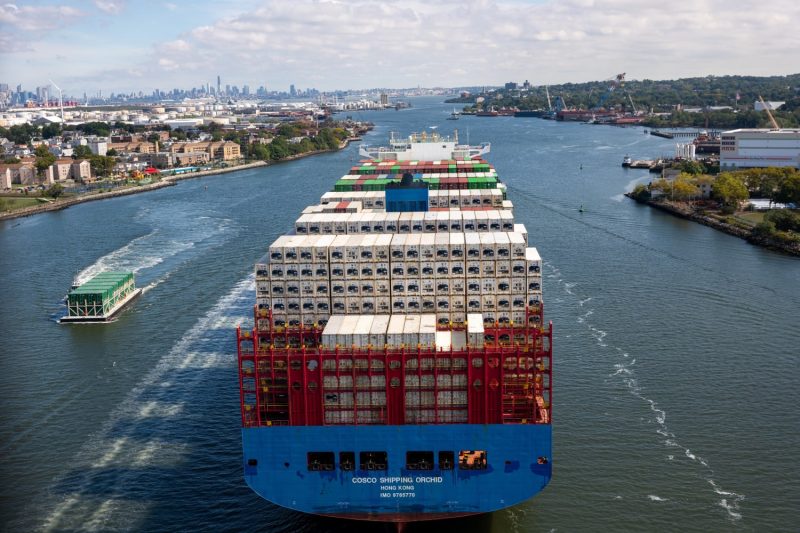
Workers Unite: East and Gulf Coast Ports Grind to a Halt Amid Mass Strikes
Ports on the East and Gulf Coasts of the United States have been brought to a standstill as thousands of workers have gone on strike, demanding better pay and working conditions. The impact of this mass strike is being felt across the country, disrupting the flow of goods and affecting various industries that rely on imports and exports moving through these ports. The workers are unified in their demands for fair treatment, highlighting the crucial role that labor plays in the functioning of our economy and supply chains.
The strike comes at a time when the global trade landscape is already facing challenges, with supply chain disruptions and shipping delays becoming more common. The workers’ decision to strike underscores the significance of labor rights and fair compensation in ensuring a sustainable and efficient flow of goods. By halting operations at key ports, the workers are making a powerful statement about the critical role they play in the economy and demanding to be valued and respected for their contributions.
The shutdown of the ports is already causing ripple effects across industries, with businesses scrambling to find alternative routes for their shipments and facing significant delays in receiving essential goods. This disruption serves as a stark reminder of the interconnected nature of the global economy and the impact that labor actions can have on businesses and consumers alike. It also underscores the importance of labor unions and collective bargaining in ensuring that workers have a voice in shaping their working conditions and are able to advocate for fair treatment.
As the strike continues, there is growing concern about the lasting impact it may have on the economy and on businesses that rely on the affected ports for their operations. The need for a resolution that addresses the workers’ concerns while also minimizing disruptions to the flow of goods is becoming increasingly urgent. Finding a balance between addressing the workers’ demands and ensuring the smooth functioning of the ports is essential to mitigating the economic fallout of the strike.
In conclusion, the strike at the East and Gulf Coast ports underscores the power of labor in shaping the global economy and highlights the importance of fair treatment and compensation for workers. As businesses and consumers grapple with the consequences of the port shutdown, there is a pressing need for dialogue and negotiation to reach a resolution that benefits all parties involved. Ultimately, the strike serves as a poignant reminder of the vital role that workers play in keeping our economy moving and the necessity of honoring their contributions and rights.
